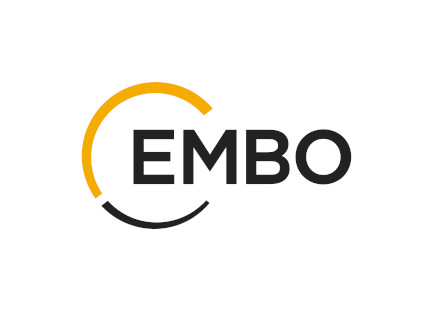
To download the programme as PDF, please click here
Conference topic sand sessions are described here. There will be opportunities for registered participants to speak or present posters in all the sessions listed below.
Domestication and application of Yeast and Fungi for production of fermented foods and Beverages
While some yeast and fungi have been used by humans for thousands of years, the adoption of others for production of fermented foods and beverages is much more recent. This topic will explore evolution and population genomics of yeast and fungi, both in the wild and in the context of their domestication for our use. More broadly the application of these microbes in food and beverage fermentation is also within the scope of this session.
New hosts with biotechnological potential
There are well established microbial hosts used in the biotechnology industry for diverse applications but there is also an increasing trend towards the use of alternatives species that might have particular attributes. Advances in genome science and strain engineering offers new potential to exploit yeast and fungal biodiversity. The main theme of this session will be to consider the expanding repertoire of options for biotechnological applications.
Applying Systems Biology and knowledge of metabolism to improve industrial performance of yeast and fungal cell factories
Modern strain engineering strategies combine systems approaches that consider complete cellular metabolism with targeted remodelling of metabolic pathways. These methodologies enable the construction of new yeast and fungal cell factories. This session covers topics such as strain engineering, robustness and stress tolerance, and strain performance when scaled-up to commercial levels.
Natural and synthetic Microbial Communities
In nature, microbes typically work as part of consortia or communities whereas traditional approaches to study and exploit these microbes is generally in pure culture. In this session, we are interested in studying the interactions of yeast and fungi with other microbes, whether based on metabolism or other mechanisms. We will also cover newer topics such as synthetic ecology and community or ecosystem engineering.
Fermented Proteins, biochemicals and biomaterials
Yeast and fungi are already used for production of many different biomolecules in diverse sectors. Th sis set to increase as microbes are the key enables of the transition to a bio-based circular economy that is required to achieve sustainability goals. This session will cover topic such as production of alternative proteins, heterologous proteins generally, and bio-based molecules for the biomanufacturing sector. The emerging field of the use of fungi or yeast as functional biomaterials will also be included.
Cellular processes and pathways
An improved knowledge of cellular processes is vital if we are to have sufficient understanding of yest and fungo to properly exploit them in biotechnology. Intracellular trafficking and vesicles, cell division, protein secretion, lipid metabolism and vesicle function are among the topics that are relevant to this session
There will be special interest sessions in the following areas
Scientific publishing
COST Actions related to fungi and yeast
Ancient Beers
Key times below
| Monday 5th | Registration: | 9:00 – |
|---|---|---|
| Conference commences: | 14:00 – 18:00 | |
| Open reception: | 18:00 – 20:00 | |
| Tuesday 6th | Conference: | 9:00 – 17:00 |
| Poster Session: | 17:00 – 19:00 | |
| Wednesday 7th | Conference: | 9:00 – 18:30 |
| Thursday 8th | Conference: | 9:00 – 17:30 |
| Gala Dinner: | 20:00 - |





